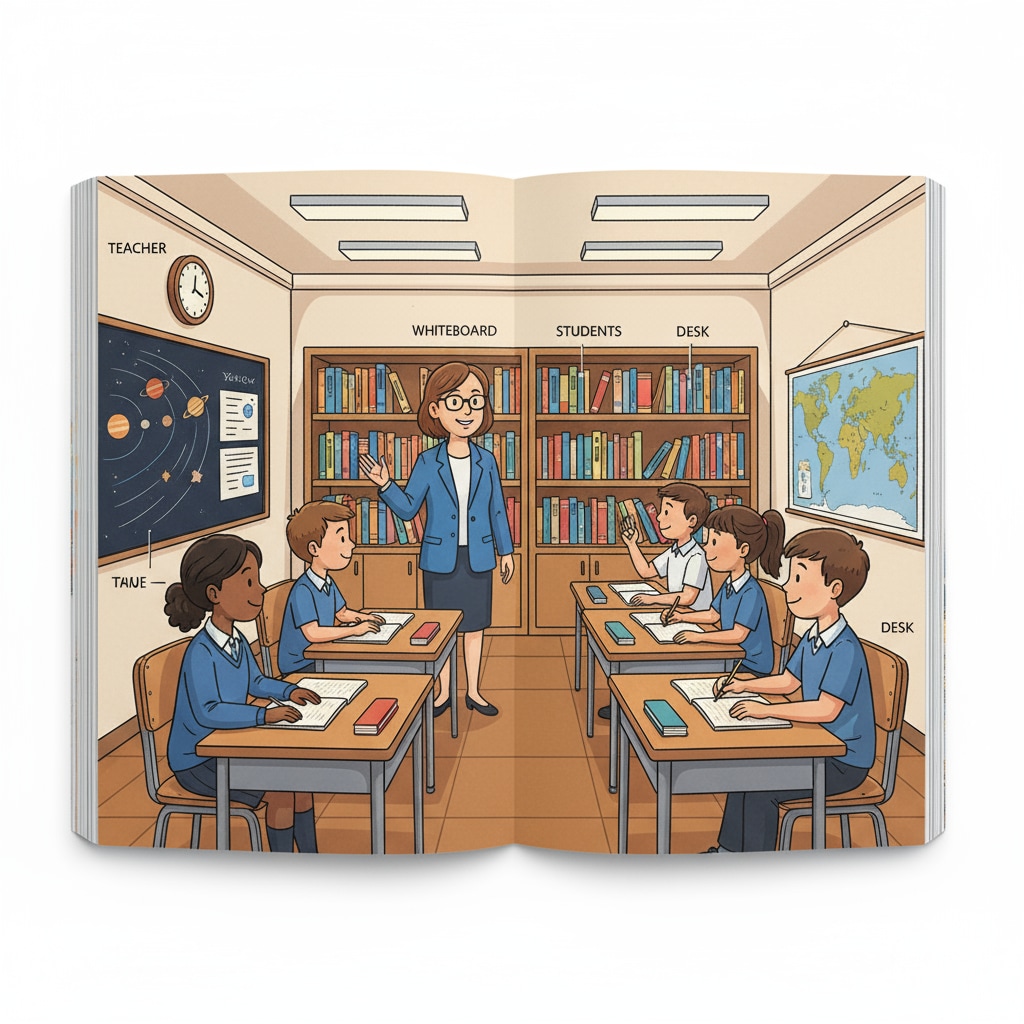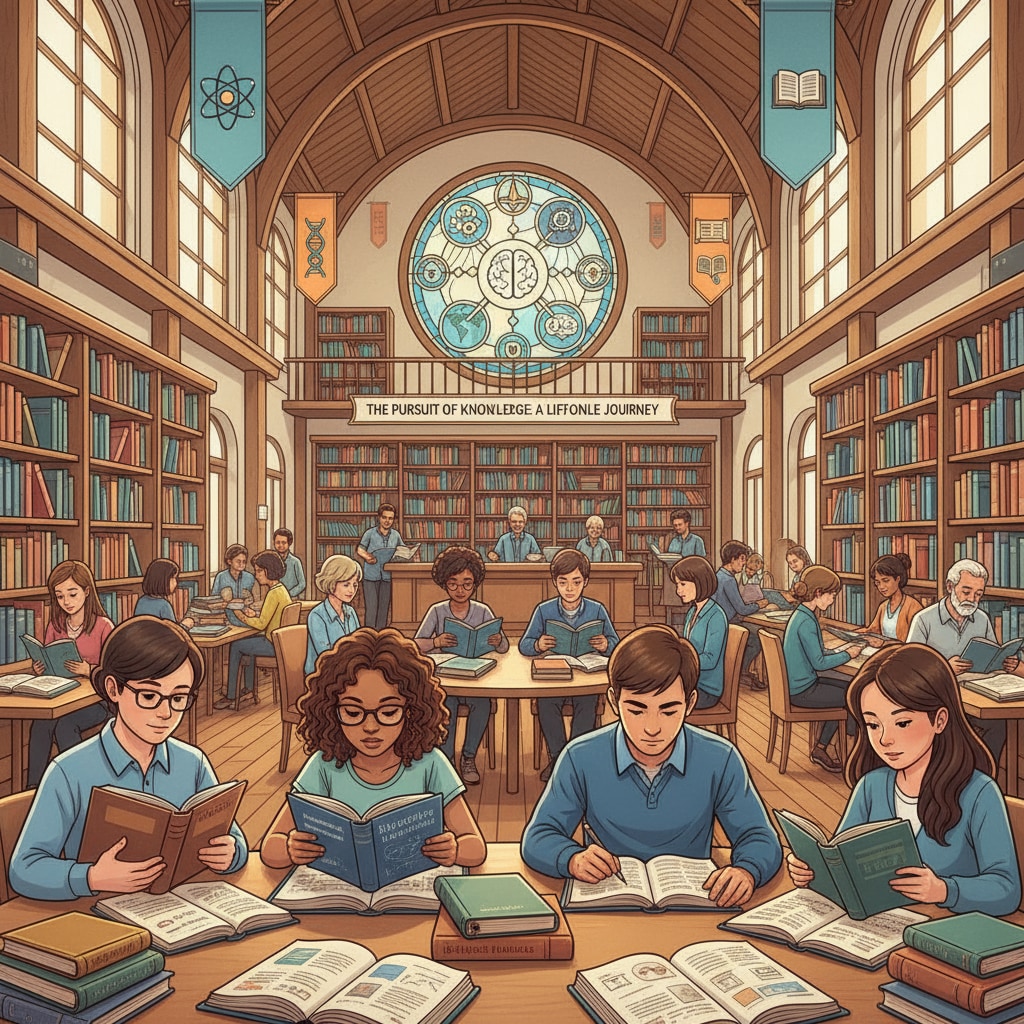Lifelong learning, formal education, and cultural awareness are integral aspects of personal and intellectual growth. In today’s rapidly evolving world, understanding the relationship between these elements is crucial. Formal education, often associated with structured institutions like schools and universities, provides a foundation of knowledge. However, true education extends far beyond the classroom walls, encompassing a continuous process of learning throughout life, which is the essence of lifelong learning. Cultural awareness, on the other hand, enriches this learning journey by exposing individuals to diverse perspectives and values.

The Role of Formal Education
Formal education serves as the cornerstone for many individuals. It offers a systematic approach to learning, covering a wide range of subjects from mathematics and science to literature and history. In traditional educational settings, students are taught fundamental skills such as reading, writing, and arithmetic. These skills are essential for future academic and professional pursuits. For example, a solid foundation in mathematics is often required for careers in engineering or finance. According to Wikipedia’s entry on Formal Education, formal education is designed to provide a standardized curriculum that ensures a certain level of knowledge and skills for all students.

The Essence of Lifelong Learning
Lifelong learning, in contrast, is a more flexible and self-driven form of education. It is not confined to a specific time or place. Instead, it occurs throughout an individual’s life, driven by personal interests and curiosity. Lifelong learning can take many forms, such as reading books, attending workshops, or learning a new language online. It allows individuals to stay updated with the latest trends and knowledge in their fields of interest. As stated in Britannica’s article on Lifelong Education, lifelong learning is about continuously expanding one’s knowledge and skills, regardless of age or educational background.
To truly benefit from both formal education and lifelong learning, it is essential to find a balance. This balance can be achieved by integrating the structured learning of formal education with the self-directed exploration of lifelong learning. For instance, after completing formal studies, individuals can continue to learn and grow by pursuing hobbies or taking up new challenges. This way, they can apply the knowledge gained in formal education to real-world situations and further enhance their skills. Cultural awareness also plays a vital role in this process. By being aware of different cultures, individuals can approach learning with an open mind and gain a more comprehensive understanding of the world.
Readability guidance: Short paragraphs and lists help summarize key points. Each H2 section has a list or clear explanation. Passive voice and long sentences are controlled, and transition words are used throughout the text to enhance flow.


